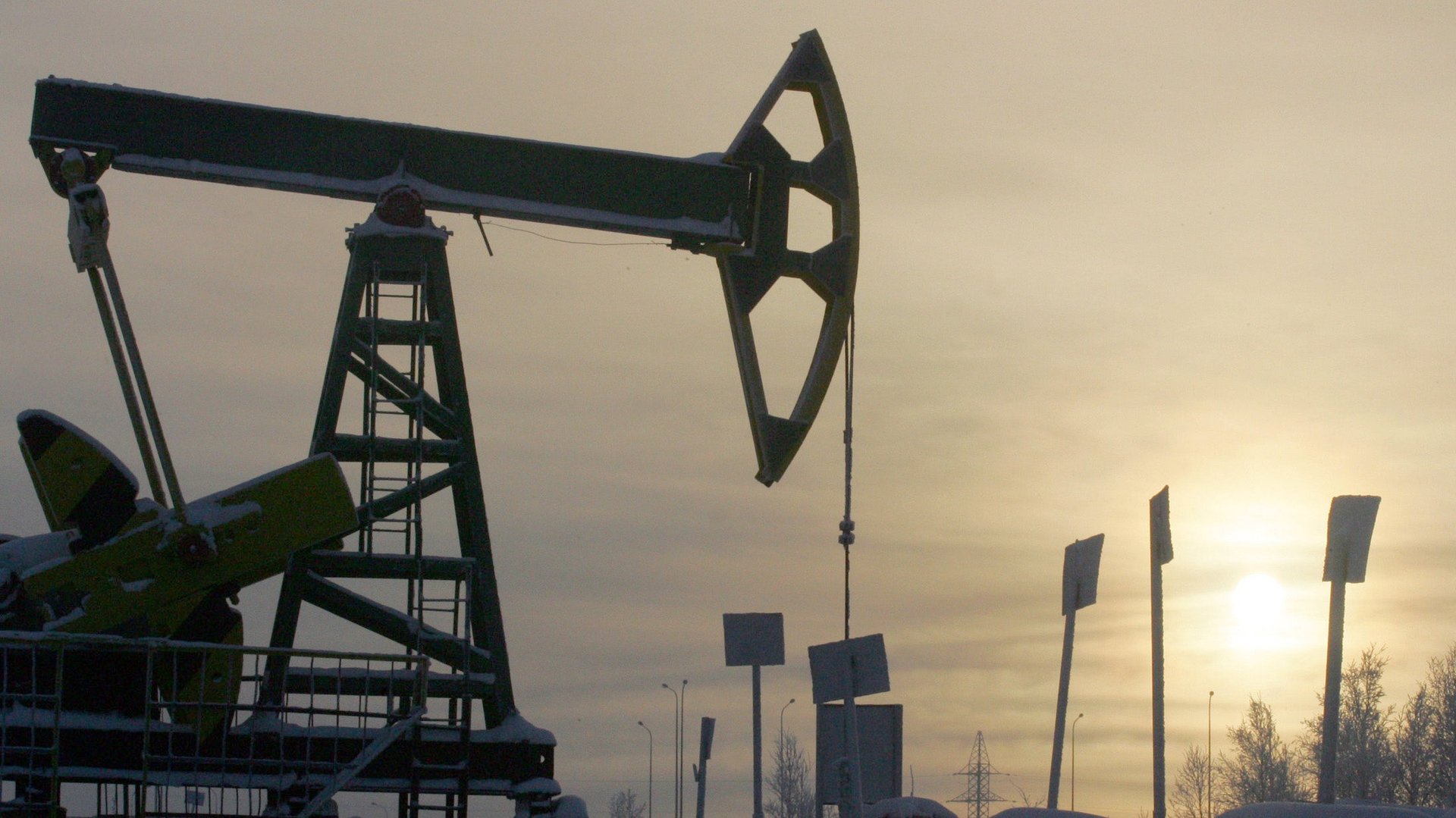Trillion-dollar investor says hitting climate goals will cost less “than we had feared”
Legal & General Investment Management is one of the world’s largest investors, with more than £1 trillion in assets. Today, LGIM announced that it has built its own energy-transition model to guide companies it invests in to align with climate goals set under the Paris climate agreement.


Legal & General Investment Management is one of the world’s largest investors, with more than £1 trillion in assets. Today, LGIM announced that it has built its own energy-transition model to guide companies it invests in to align with climate goals set under the Paris climate agreement.
“Disruption is coming to energy markets no matter what,” said Nick Stansbury, head of commodities at LGIM. “Policy [aligned with climate goals] just changes the timing.”
The model, developed with specialist consultancy Baringa, sets out a “Future World” scenario, which sees countries keep global average temperatures from rising well within 2°C. The scenario is modeled to provide the least-cost route for the world as a whole to hit goals set by the Paris accord in 2015.
Under the scenario, emissions start to decline as soon as 2020 with a steep reduction in demand for coal and oil until 2050 (the latest projected date). At the same time, the share of renewable energy in the mix grows rapidly, combined with a steep rise in the number of electric cars sold globally.
The scenario sees peak oil demand in 2025, and then a rapid decline. In a world in which demand cannot be used to manage oil price, Stansbury says price volatility will increase but it won’t affect the global economy as much as it does today.
Demand for natural gas until 2050 also declines, but not as quickly. Even as people fly more, global energy demand plateaus because of the deployment of energy-efficient technologies. And carbon capture technologies are deployed to cut emissions from sectors where it’s cheap enough to do so.
“The cost of [climate] action is much lower than we had feared,” Stansbury concluded. The total cost to the global economy to act on climate change could be as low as 0.5% of global GDP. “The cost of inaction will substantially raise the later costs of transition, reinforcing the urgent need for policy action.”
Oil companies, consultancies, and think tanks are all building their own energy-transition models. LGIM might be one of the first large investors to do so. Last year, LGIM announced it will step up shareholder activism over climate change. It named oil company Rosneft, China Construction Bank, and US utility Southern Company as “climate laggards” for insufficient action on climate change.